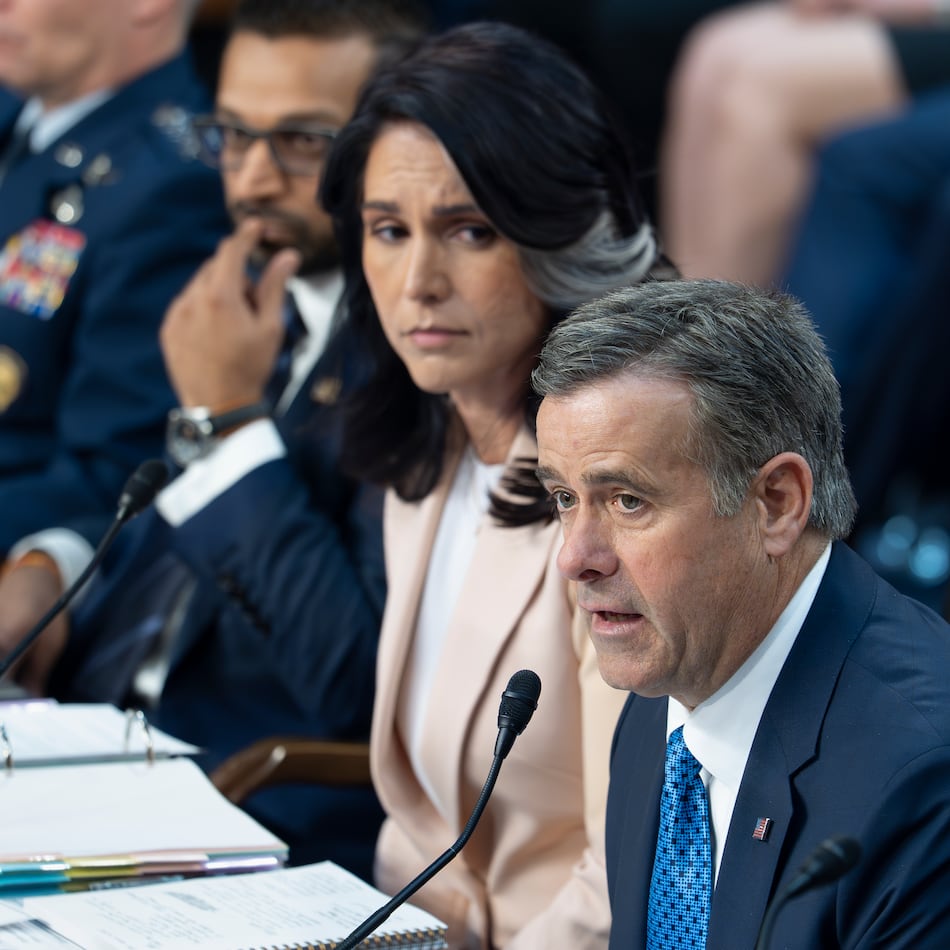After months of critical accolades, headlines over record-setting early ticket sales, and talk that this is the Marvel movie to beat, the world is waiting to see just how much cash "Black Panther" will pull in this weekend when it hits movie screens.
But for the Atlanta and Georgia businesses that took part in the production of the film, it’s already a blockbuster for the Peach State.
The filmmakers spent $83.9 million in production of the Atlanta-filmed movie, plunking down millions for caterers, prop makers, sound and visual equipment, hotel rooms and lumber for sets. The movie also had a cast and crew of more than 3,100 people.
“It’s not just about the Georgians who work on the movies,” said Craig Miller, chairman of the Georgia Film, Music and Digital Entertainment Advisory Commission. “The benefits of a film like “Black Panther” help everyone, from operators of the hotel rooms that are rented to the caterers to the people who provide the coolers to cool down a set and the warmers to warm it up.”
The numbers tell the story, industry leaders said. The "Black Panther" filmmakers spent $10.8 million on rental equipment and grips, $9.4 million on lumber, hardware and supplies, $5.6 million lodging and $2 million on transportation, just to name a few revenue benefits.
From its humble beginnings in 2008 when the state first created tax incentives to lure Hollywood to the “capital of the South,” Georgia’s film industry hit a record $2.7 billion in revenue in fiscal 2017 from 320 feature films and television productions, according to the Georgia Department of Economic Developments. That compares to the about $93 million in film revenue the state earned a decade ago.
Among the films and TV projects that put Atlanta one the map over the past decade are marquee titles such as “Hunger Games,” “Spider-man Homecoming,” “Thor: Ragnarok” and Clint Eastwood’s latest “The 15:17 to Paris.” On the small screen, the offerings include “Walking Dead,” the updated “Dynasty” series, “Quad” and the aptly named “Atlanta.”
But "Black Panther" could hold a special place in Atlanta's film history. It joins a small but growing list of films featuring a primarily black cast — and black director in Ryan Coogler — that are being honored for a less stereotypical portrayal of blacks while also faring well at the box office. Think "Selma" or "Hidden Figures" as examples.
“A film like “Black Panther” gives great inspiration to everyone who is aspiring to be in the industry but also gives you pride as an African American if you’re not in the industry,” said Kathleen Bertrand, founder of Atlanta’s BronzeLens Film Festival, which focuses on bringing attention to Atlanta as a center for film and film production for people of color.
That has particular resonance because Ava DuVernay, the director of “Selma,” got her start at the BronzeLens festival and recently became for the first woman of color to make a film with a $100 million-plus budget with this spring’s “A Wrinkle in Time.”
"When I've got young directors bringing their films to BronzeLens, we want the next Ryan Coogler to bring his film or her film or the next Ava DuVernay to bring her film to give it a platform to be seen," Bertrand said.
Others said the film cements what already is apparent: Atlanta is the film capital of the South.
Marcus “MJ” Jackson, the founder and owner of Sovereign Board and Production, which protects floors and edifices of houses, buildings and facilities during filming, said there are so many films or TV shows in production that he often finds himself on several different sets a week.
"Most people don't realize that at least 100-plus people can be in a house or a building when a production comes in," said Jackson, who was working on a film and television project Wednesday at the Woodruff Arts Center. "We help to make sure we don't ruin the property."
LaRonda Sutton, owner of Film City, a consultancy for cities interested in attracting movies, said Atlanta, which in the early days of the city’s career in the movies, was used as prop. It was background for “Any City, U.S.A.”
But today, because of the strength of Georgia’s film industry, it’s a character in films such as “Baby Driver,” “Mother’s Day,” and the “Ride Along” franchise.
“I think Atlanta is no longer trying to get there as a film destination,” said Sutton, who used to run Atlanta’s Office of Film and Entertainment. “We are there.”
: REAL JOURNALISM. REAL LOCAL IMPACT.
The AJC's Leon Stafford keeps you updated on the latest happenings around metro Atlanta's Southside area. You'll find more on myAJC.com, including these stories:
Never miss a minute of what's happening in Southside politics. Subscribe to myAJC.com.
About the Author
Keep Reading
The Latest
Featured



